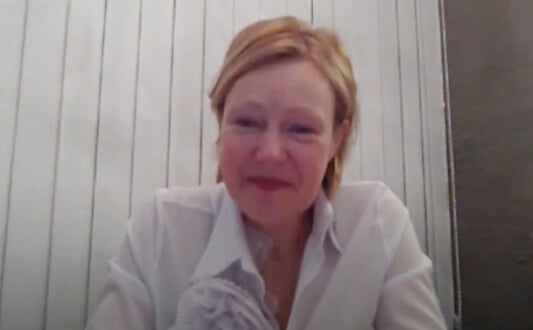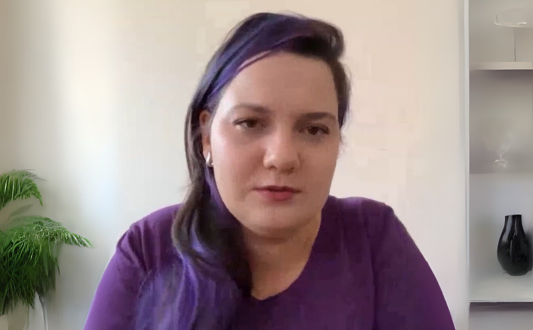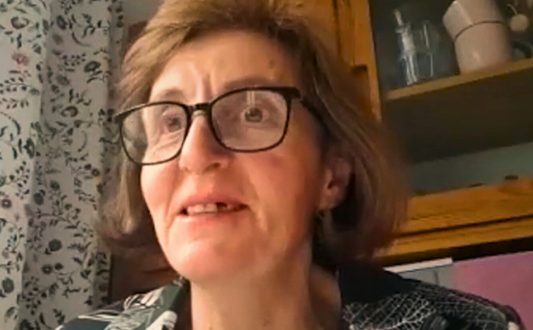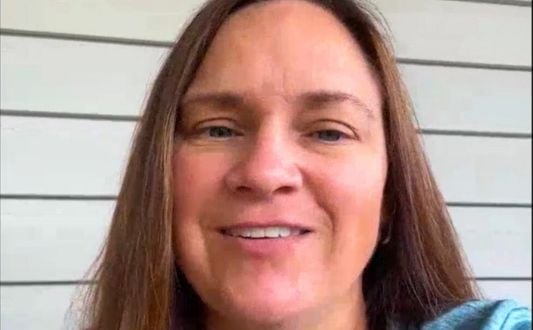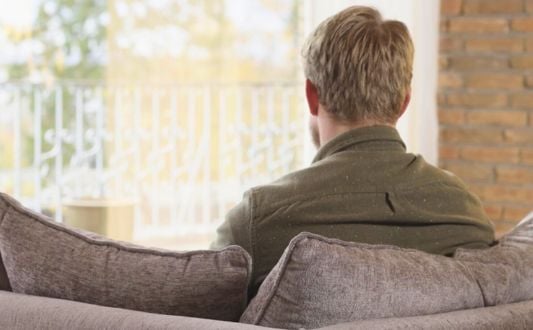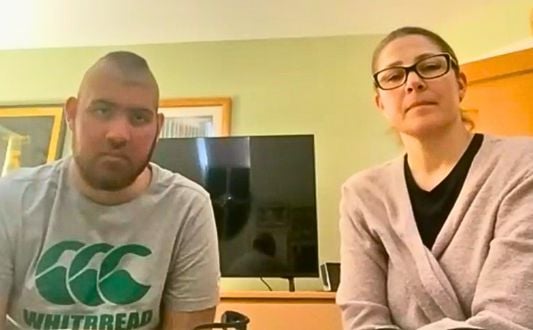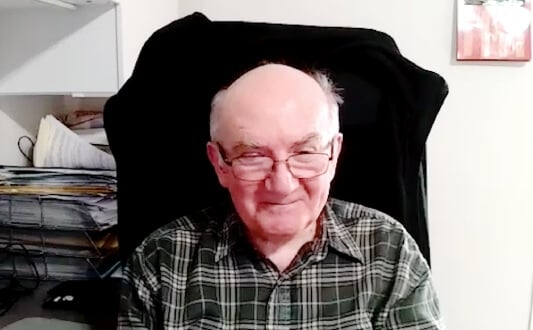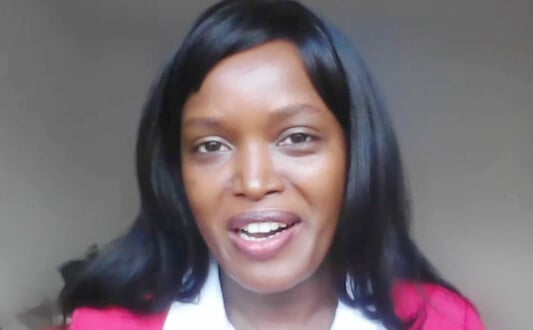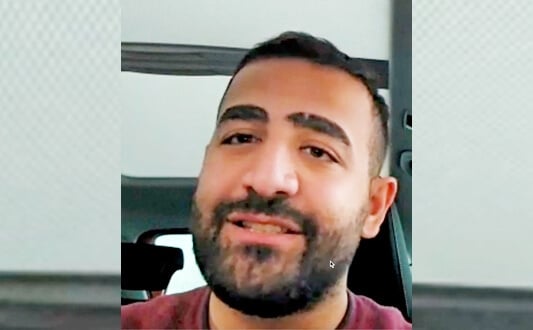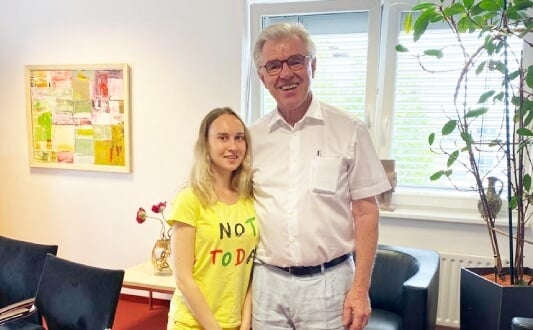داريا روجرز وقصتها المليئة بالأمل: علاج شافي ضد الورم الأرومي الدبقي
- The Devastating Diagnosis
- Taking Control in Finding the New Ways
- Finding Hope in Innovative Treatments
- The Treatment Process and Booking Health Support
- About Before and After Undergoing Dendritic Cell Treatment
- The Treatment Atmosphere in Germany
- Sharing the Message of Hope
Daria Rogers and her husband Maurice Rodgers share their inspiring journey battling Glioblastoma Multiforme (GBM), a rare and aggressive form of brain cancer. After being given just 12-15 months to live, Daria and her family embarked on a medical journey to Germany for dendritic cell treatment. This, combined with traditional therapies, led to significant improvements in her condition and a better quality of life.
The Devastating Diagnosis
Daria recalls the moment when her life took a drastic turn. She lost consciousness and was taken to undergo brain surgery, after which she was told the diagnosis. She had glioblastoma, a particularly aggressive form of cancer, the prognosis was grim. "We were devastated when we heard the diagnosis," Daria recalls, remembering the moment when their doctor told her and her husband that she had only 12-15 months to live.
Taking Control in Finding the New Ways
Refusing to accept this as their fate, the couple took a proactive approach. The journey to seeking alternative treatments began right away because they understood that waiting for conventional treatment alone might not be enough, as glioblastoma is a recurrent disease.
"We looked at the science, we looked at the disease, we looked at the studies that were conducted on glioblastoma, and everything that we looked at led us back to Germany."
Finding Hope in Innovative Treatments
Daria and Maurice found a study by Dr. Steinman from Canada on dendritic cell immunotherapy. They also learned that a lot of work is being done in this field in Germany. Doctors like Prof. Gansauge from LDG Laboratories in Germany are definitely the world's leading experts in dendritic cell immunotherapy.
"It was a very simple concept for us," Maurice explains.
The resources of a person's own immune system are used. The dendritic cells are extracted from blood and changed in laboratory conditions. These cells are "trained" to identify the code of the cancer, the antigens of the cancer, that help the body fight the disease.
The Treatment Process and Booking Health Support
Booking Health, a leading medical tourism agency, took care of everything and introduced the couple to Prof. Gansauge and his clinic. Fortunately, the surgery was successful, which allowed the start of dendritic cell treatment in Germany. Notably, Prof. Gansauge's clinic is the only one with extensive experience using dendritic cell therapy to treat glioblastoma.
The treatment itself was surprisingly simple.
"It's a very positive experience for us. There were no side effects," Daria shares.
She recalls how straightforward the dendritic cell treatment in Germany was. Essentially, it involved visiting the clinic for a blood draw, waiting for 7 days, and then returning for the injection.
About Before and After Undergoing Dendritic Cell Treatment
Daria spent more than two weeks in the hospital after her surgery. Immediately after that, she and her husband headed to Germany for immunotherapy.
When they returned home, Daria immediately started a course of radiotherapy and chemotherapy in tablet form.
Daria says that the dendritic cell treatment helped her get through the standard treatment. She had the energy to go to the clinic five days a week and endured the treatment well, experiencing no serious side effects. Yes, she had a little headache and a little nausea, but she was able to get through it.
Her body was also infused with various vitamins, including vitamin D, which accompanied the dendritic cell treatment.
"And that just helped me to stay kind of strong," said Daria.
Fortunately, the radiotherapy also did not cause any side effects, except for a bit of tiredness.
Daria shares that the surgery in Dublin, her home country, was successful and that it played a crucial role in her subsequent recovery.
Three months after completing the treatment, the first MRI was done, followed by a second one. In both cases, the results were crystal clear.
"She overcame that," Maurice said.
The Treatment Atmosphere in Germany
The couple recalls the atmosphere of their communication with the professor. The doctor dedicated a great deal of time to them, explaining everything about the disease in detail, leaving no ambiguity or need to search for additional information online. There were no false promises or unrealistic expectations. The conversation was straightforward, even bringing a sense of despair at times. However, they were also met with great empathy from both the doctor and the entire team. They placed all their hopes in this treatment and are now grateful to have clear MRI scans.
Sharing the Message of Hope
Although neither of them liked being on camera, the couple felt compelled to share their story. Daria and Maurice highly recommend seeking services from Booking Health.
"So it's for us just to get the message to other people that if they do come on your website...You just have to try and enjoy what you have right now and help other people if you can."
